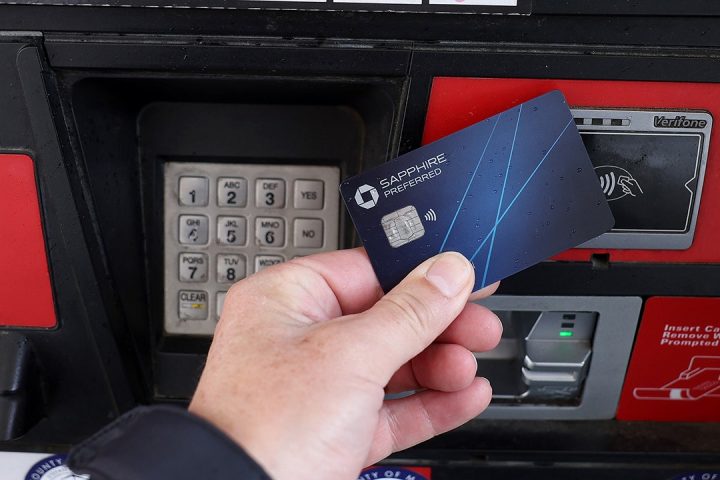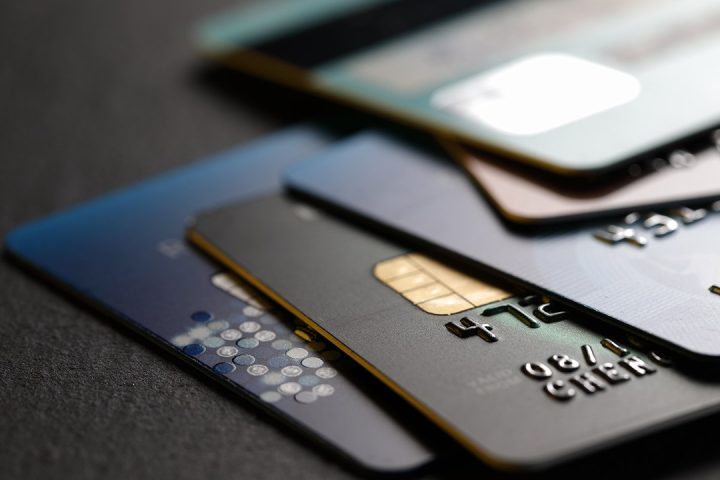The popular budget app is going away in a few months, according to its owner, Intuit
INTU,
In its place, the financial-software company is pushing users toward Credit Karma, a credit-monitoring service it acquired in 2020.
Mint will no longer be available as of Jan. 1, 2024. In a statement to MarketWatch, an Intuit spokeswoman said the company is “excited” to welcome Mint users to Credit Karma and is giving them “ample time” to prepare for the change.
“This marks the next evolution of Credit Karma,” Intuit said in a blog post on its website announcing the change. It added that the service is “on its way to becoming a full-service financial platform.”
But it seems that Credit Karma won’t offer the exact same features that Mint did.
Credit Karma will allow users to view monthly and average spending broken down by category, Intuit explained on its website. But some of the budget tools that Mint offered will disappear.
“Credit Karma does not currently provide budgeting features the same way that Mint has in the past,” the website reads. “We know that many Minters love our budgeting features, so we understand this may be disappointing.”
The move to ditch the app surprised some loyal Mint customers, some of them posting on Reddit that they’ve been using the app for several years and were disappointed to see it go.
Budgeting apps can come with concerns about security and data privacy — although many of them use banking-level protections to keep user data secure, they often require entering your digital banking or credit card information to track spending.
But they can also be a useful and convenient method for keeping tabs on where your cash is flowing. MarketWatch asked financial advisers across the country what their favorite budgeting apps and tools are, and why they recommend them to clients. Here are some of their suggestions:
Andrew Herzog, a certified financial planner at The Watchman Group in Plano, Texas, uses the Honeydue app.
The app is designed for couples but can be helpful for individuals too, he said. Like Mint, the app is free to use. Honeydue could not be reached for comment.
“It’s incredibly useful to see where most of your money is flowing,” he wrote in an email.
“I would put in a vote for Goodbudget,” said Robin Giles, founder of Apex Wealth Management in Katy, Texas.
Like Mint, the app allows users to set up a budget based on categories and easily see how much money they’ve spent and how much more they can afford to spend during the month.
“It’s similar to the old envelope budgeting system from the past,” Giles said. “Just tracking your expenses in an app may be helpful, but knowing exactly how much you can spend in the future (to) keep your budget on track — that is the key.”
Goodbudget did not immediately provide comment.
Kevin Brady, vice president at Wealthspire Advisors in New York City, recommended Tiller, a more laptop-friendly budget option.
The company offers a budget spreadsheet template that can be plugged directly into Google
GOOGL,
Sheets or Microsoft’s
MSFT,
Excel. Users can track monthly cash flows and day-to-day spending in customizable categories. The service can also send you a daily email summary of recent transactions and account balances.
Unlike Mint, Tiller isn’t free — it’ll run you $79 a year, though you can take advantage of a 30-day free trial.
But it could be an alluring option for those skittish about handing over financial information to a third party — Tiller stores your financial data exclusively in your own spreadsheets, according to the company’s website.
The service “offers solid budgeting and net worth tracking templates,” Brady wrote MarketWatch. “I personally use and am a big fan of (it).”
Tiller did not respond to a request for comment.
Sandra Cho, founder and president of Pointwealth Capital Management in Encino, California, recommended the Empower app, offered by the Colorado-based retirement plan provider of the same name.
“I like this app because it allows the user to be as basic or sophisticated as they would like,” she wrote in an email to MarketWatch. “You can use only the main features or all the bells and whistles.”
While Empower doesn’t allow users to create monthly spending goals by category, it does track their spending and investments, she wrote, giving them an easy way to get a clear and complete picture of their financial health. Empower could not be reached for comment.
“This app can serve as a home for your overall portfolio and spending habits, giving you a place to both check on your investments and make sure you are aligned with your budget,” Cho wrote.
Some other budget apps and services have jumped on the opportunity to market their platform to Mint users in the wake of Intuit’s announcement. Tiller and Rocket Money
RKT,
are among those who’ve posted on their homepage welcoming former Mint users. Personal-finance personality Dave Ramsey offered a discount on his budgeting app, EveryDollar, to those coming from Mint.
No matter which method you decide on — app, spreadsheet, pen and paper — what’s most important is that you stick with tracking your money, Cho said.
“My main advice is to use it,” Cho said. “The more aware you are financially, the better.”
Read the full article here







